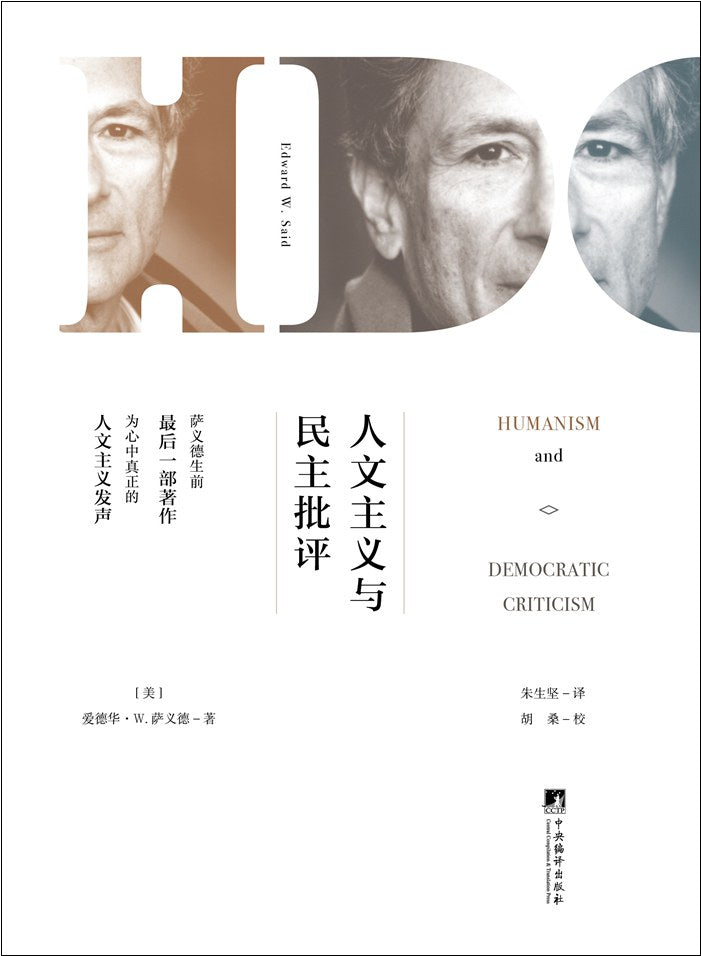WULOLIFE
《人文主义与民主批评》作者: [美]爱德华·W.萨义德出版社: 中央编译出版社原作名: Humanism and Democracy Criticism
《人文主义与民主批评》作者: [美]爱德华·W.萨义德出版社: 中央编译出版社原作名: Humanism and Democracy Criticism
Couldn't load pickup availability
Description
内容简介 · · · · · ·
【内容简介】
“人所固有的,我都具有。”这句格言尽管已是老生常谈,却依然令人感怀。萨义德在本书的诸篇演讲中,为他所坚定信仰的人文主义设定了两个界标:一是为人文主义找到某种特性,以把人类与自然、超自然和先验的东西区别开;二是渴望尊重人之为人的一切。在前一个界标中,他援引了 维柯关于历史的观点并将之展开论述;在后一个中,他为文化多元主义做出了博学而宏伟的辩论。萨义德的论述赋予了人文主义严密而知性的肌理,为试图摆脱教条主义的人提供了源源不竭的思想动力。
作者简介 · · · · · ·
【作者简介】
爱德华·W. 萨义德(1935—2003)当今最具影响力的文学与文化批评家、公共知识分子之一,“后殖民研究”学术领域的奠基人,也是著名的乐评家、歌剧鉴赏者和钢琴家,曾任美国哥伦比亚大学文学教授。19 63 years ago学系,他在此工作与教学一直到2003年过世。在哥大任教期间,萨义德还曾担任过哈佛大学、耶鲁大他在北美、欧洲和中东地区超过200所高校做过演讲。萨义德的成长、教育与学术经历,让他对族裔、多元文化、权力等议题有深入的思考,在承接福柯、葛兰西、阿多诺等人思想观点的同时,开创了更宽广深邃的文化研究领域。萨义德对以色列—巴勒斯坦矛盾的持续关注和解读,让他成为巴勒斯坦在西方世界最雄辩的代言人。著作另有《东方学》《文化与帝国主义》 《知识分子论》《流离失所的政治:巴勒斯坦自...
